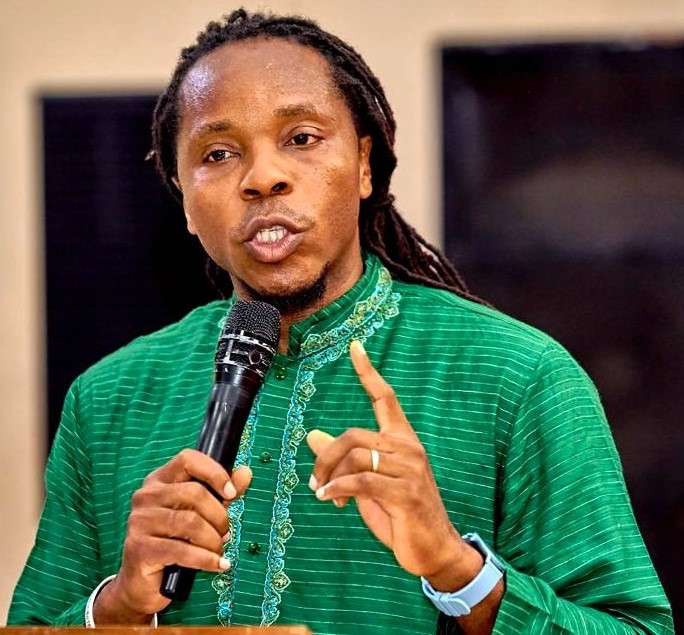By Sulaiman Aruna Sesay
The freedom of the press is an essential aspect of any democratic society. A free press is responsible for ensuring transparency and accountability in governance, and importantly, it serves as a watchdog for the people. Despite numerous international conventions specifying that governments must protect the right to freedom of expression, press freedom has been under attack by state authorities. One such example is in Sierra Leone.
The media in Sierra Leone have continued to face immense challenges and attacks from the state despite President Julius Maada Bio repealing the criminal libel law. The law, which makes it a crime to publish or broadcast anything that authorities consider defamatory, was frequently used by previous regimes to silence journalists who dared to criticize the government. The repeal of this law was deemed a significant victory for press freedom in Sierra Leone, but it appears that the government has found other ways to silence the media.
The state authorities have resorted to using lawsuits and arresting journalists on charges such as sedition to silence the media. For instance, in October 2021, police in the city of Bo arrested journalist Ibrahim Samura on charges of sedition after reporting on the victimization of women in the area by the ruling party members. Similarly, in February 2021, Abdul Fatoma, the executive director of the Campaign for Human Rights and Development International (CHRDI) was charged with criminal defamation for raising concerns about the government’s handling of COVID-19 funds.
The government’s crackdown on the media has caused fear in the industry, with journalists going to great lengths to avoid retribution. For example, some media practitioners have resorted to self-censorship, which undermines the quality of journalism and makes it difficult for the public to access information. This is not only a blow to democracy but also to the people’s right to know.
It is worth noting that Sierra Leone is a signatory of the African Charter on Human and Peoples’ Rights and the International Covenant on Civil and Political Rights, both of which guarantee the freedom of expression and press freedom. The government’s continued harassment of journalists is a violation of these agreements.
The government’s actions in silencing the media in Sierra Leone leave much to be desired. Despite repealing the criminal libel law, state authorities have found other ways of intimidating and frustrating the media. This is a significant threat to democracy, transparency, and accountability and could lead to a culture of impunity where state actions are not subject to scrutiny. It is imperative that the government recognizes the importance of a free press and takes concrete steps to protect the media and ensure they can do their job without fear of harassment or retaliation.












